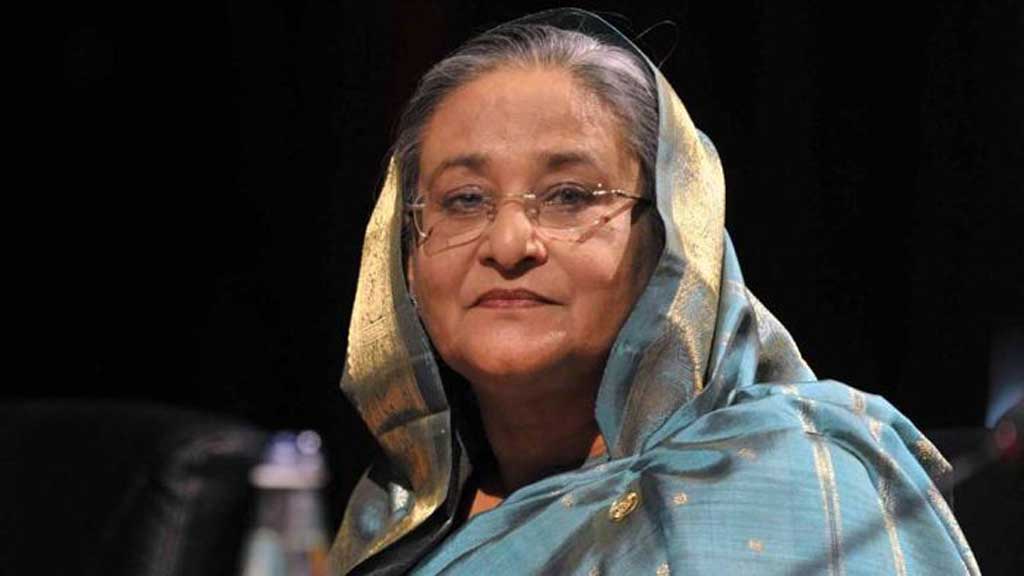An international human rights group, Human Rights Watch (HRW), has revealed that Bangladesh`s former Prime Minister Sheikh Hasina, along with several senior military and police officials, are connected to the country’s ongoing problem of enforced disappearances.
According to HRW, Sheikh Hasina, Major General (Retd.) Tariq Ahmed Siddique, Major General Ziaul Ahsan, and senior police officers have been involved in these disappearances.
This information is part of a 50-page report published by HRW, titled "After the Monsoon Revolution: A Roadmap to Lasting Security Sector Reform in Bangladesh."
The National Commission, which was formed to investigate these disappearances, released its first report on December 14. The report claims that more than 3,500 cases of enforced disappearances occurred under Sheikh Hasina’s government.
HRW added that officials involved in these cases have admitted that both Sheikh Hasina and other top leaders were aware of the disappearances.
HRW also mentioned that after Hasina left the country, three people were released from a secret detention center, although the authorities had previously denied holding them for years.
One of the victims, lawyer Mir Ahmad Bin Quasem, shared his experience, saying that the place where he was detained was “perfectly designed to give a worse experience than death for prisoners.”
The report also pointed out that the torture was not only systematic but also deeply institutionalized.
In the same report, HRW called on the government to break up the Rapid Action Battalion (RAB), a police and military unit accused of involvement in extrajudicial killings, torture, and enforced disappearances.
RAB’s chief, AKM Shahidur Rahman, admitted that such secret detention centers existed. He also said that if the interim government decided to dismantle RAB, the unit would accept that decision.
HRW emphasized the need for the interim government to create a National Human Rights Commission and an independent civilian oversight body to hold law enforcement accountable.
The group noted that Bangladesh’s long-standing political divisions have had a strong influence on its law enforcement agencies.
They also urged that international standards be followed when using force, ensuring that security personnel are held accountable for their actions.














-20260226080139.webp)





-20260225072312.webp)








-20260219054530.webp)
-20260224075258.webp)





-20260221022827.webp)